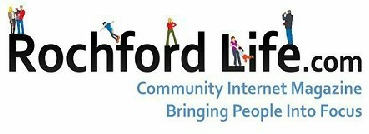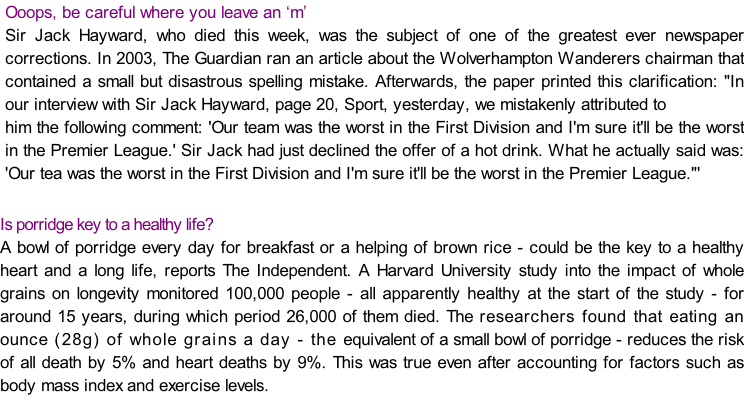













Tomorrow is arriving fast
Some 150,000 people travelled to Las Vegas last week to get a glimpse of the future, said the LA Times. And according to the tech giants displaying their wares at the Consumer Electronics Show, it's a world in which more and more of our lives is outsourced to web-
Picture the scene:
You arrive home from work. It's cold outside, but inside, it's bright and warm, because your phone has alerted your boiler and lighting system to your imminent arrival. You look in the fridge. You're running low on milk – but that's fine. The fridge has sent an alert to your online shopping list, and more milk will arrive in the morning. Later that evening, you have a date. Your calendar knows this, and summons your driverless car from where it parked itself the day before. That night, your bed notes that you're sleeping fitfully, so it directs your coffee machine to make you a strong brew for the morning. At the same time, a wristband spots that your blood pressure is high, and notifies your GP.
This is the "Internet of Things" (IoT) – and it's on its way, said Sophie Curtis in The Daily Telegraph. Owners of Google's Nest system can already turn on their heating remotely, and Samsung says that by 2020, every product it makes will be web-
But this isn't just about gadgets for the home, said Jessica Bland in The Guardian. Councils might invest in bins that can send signals to waste trucks when they need emptying; manufacturers are increasingly using IoT to monitor their supply lines in real time, resulting in big efficiency savings.
That's all to the good, said John Arlidge in The Sunday Times – but what of the risks? Hackers recently hacked into a Wi-
.
Customer complaints. Ooops!
"My sister found herself in an awkward conversation with her broadband services supplier to whom she was making a complaint. After a sticky exchange she finally interjected: 'If you don't mind me saying so, you aren't dealing with this complaint awfully well.' To which the woman on the other end replied: ’Actually, I've just been on a course on how to deal with difficult customers.'
When my sister gently suggested that her training hadn't been altogether successful, she replied: 'On the contrary, I got a distinction."'
Daniel Finkelstein in The Times
Warm hearths cause pollution
Diesel engines are always cited in the debate about urban pollution -
iPads are not for bedtime reading
If you want a good night's sleep, don't take your iPad to bed. A study has found that people who read off a backlit screen in the evenings take longer to fall asleep than those who read from a book, and are less alert in the mornings, reports The Guardian. The research adds to previous studies which have concluded that the short-
Hazardous homes
Home may feel like the safest place -
An ‘interesting’ point of view
What's the best way to die? Given a choice, said Dominic Lawson in the Daily Mail, most of us would opt to peg out quickly with something like a heart attack. But according to Dr Richard Smith, the former editor of the British Medical Journal, this instinct is selfish. It doesn't take account of the devastating effect that sudden death can have on the deceased's loved ones. The best option, he claimed in a BMJ blog last week, is actually to die of cancer: the disease gives you time to "say goodbye, reflect on your life, leave last messages, perhaps visit special places for the last time". It is preferable to dementia (being "slowly erased") or organ failure, which involves an excessive amount of medical intervention.
Quick Quotes
"Some people drink from the fountain of knowledge, others just gargle."
US writer Robert Anthony, quoted in USA Today
Anybody can become angry – that is easy; but to be angry with the right person, and to the right degree, and at the right time, and for the right purpose, and in the right way – that is not within everybody's power and is not easy."
Aristotle, quoted on Forbes.com
"To know how to say what others only know how to think is what makes men poets or sages; and to dare to say what others only dare to think makes men martyrs or reformers — or both."
British author Elizabeth Charles, quoted in the Associated Press
Statistics of the week
Britons ran up £1.25bn of new unsecured debt in November (2014), more than in any month since February 2008.
The Guardian
The proportion of single-
The Sunday Times
